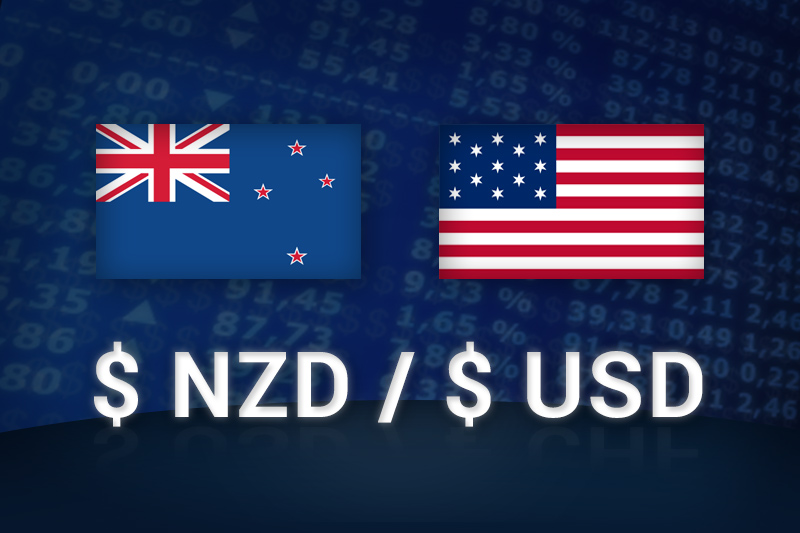Investing.com - The New Zealand dollar edged lower against its U.S. counterpart on Tuesday, as investors remained cautious amid sustained concerns over the handling of the debt crisis in the euro zone.
NZD/USD hit 0.8103 during late Asian trade, the daily low; the pair subsequently consolidated at 0.8127, edging 0.10% lower.
The pair was likely to find support at 0.8067, the low of March 14 and resistance at 0.8187, the high of April 5.
Risk sentiment was hit on Monday after data showed that the euro zone's manufacturing output slumped to its lowest level since June 2009 this month, while its services sector fell to a five month low.
Meanwhile, concerns over the euro zone’s debt crisis also mounted after a Sunday vote in France opened up the presidential race, and Dutch Prime Minister Mark Rutte on Monday tendered his government's resignation in a crisis over budget cuts, creating a political vacuum in one of the region’s most stable nations.
The kiwi was higher against the Australian dollar with AUD/NZD falling 0.32%, to hit 1.2646.
Also Tuesday, expectations for a rate cut by the Reserve Bank of Australia grew after official data showed that consumer price inflation in Australia rose 0.1% in the first quarter, below expectations for a 0.7% rise and following a flat reading the previous quarter.
Trimmed mean CPI, which excludes the most volatile 30% of items, rose 0.3% after a 0.6% rise in the fourth quarter. Analysts had expected trimmed mean CPI to rise 0.6% in the first quarter.
Later in the day, the U.S. was to release a report on house price inflation, as well as a Conference Board report on consumer confidence and government data on new home sales.
NZD/USD hit 0.8103 during late Asian trade, the daily low; the pair subsequently consolidated at 0.8127, edging 0.10% lower.
The pair was likely to find support at 0.8067, the low of March 14 and resistance at 0.8187, the high of April 5.
Risk sentiment was hit on Monday after data showed that the euro zone's manufacturing output slumped to its lowest level since June 2009 this month, while its services sector fell to a five month low.
Meanwhile, concerns over the euro zone’s debt crisis also mounted after a Sunday vote in France opened up the presidential race, and Dutch Prime Minister Mark Rutte on Monday tendered his government's resignation in a crisis over budget cuts, creating a political vacuum in one of the region’s most stable nations.
The kiwi was higher against the Australian dollar with AUD/NZD falling 0.32%, to hit 1.2646.
Also Tuesday, expectations for a rate cut by the Reserve Bank of Australia grew after official data showed that consumer price inflation in Australia rose 0.1% in the first quarter, below expectations for a 0.7% rise and following a flat reading the previous quarter.
Trimmed mean CPI, which excludes the most volatile 30% of items, rose 0.3% after a 0.6% rise in the fourth quarter. Analysts had expected trimmed mean CPI to rise 0.6% in the first quarter.
Later in the day, the U.S. was to release a report on house price inflation, as well as a Conference Board report on consumer confidence and government data on new home sales.
